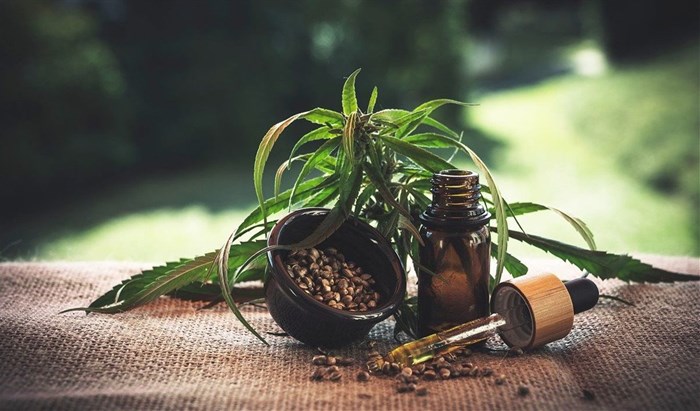
Top stories






More news





ESG & Sustainability
#Sona2026: President announces crisis committee to tackle SA's water challenges









In the Eastern Cape, Port St Johns to be specific, the provincial government has announced big plans to invest and grow the cannabis industry. The area has a rich experience and history in the growing and manufacturing of cannabis. However, farmers in this part of the Eastern Cape have been producing the cannabis under tight and difficult conditions of illegality for years. Because of the conditions illegality under which the plant was produced, stigmatisation is attached both to its use and production.
Also in the Eastern Cape, a number of Canadian companies are ready to support government’s efforts to grow and expand the cannabis industry. Plans are already afoot to build a training centre in Port St Johns that will skill and train farmers. Evidence suggests that this plant can grow in Limpopo and Kwa-Zulu Natal as well.
As President Ramaphosa said, South Africa’s regulatory framework will need some serious review and relook. The new regulatory regime that governs the cannabis need a total overhaul. The Zondo Judgement of 2018 has laid a sound basis for such an overhaul but policymakers who are tasked with the formulation of the policy will have to go beyond the 2018 Zondo Judgement and ensure commercialisation of the cannabis. In so doing it will have to remove all the regulatory hindrances that might stand on the way of agricultural expansion and transformation.
For instance, the 1992 Drugs and Drug Trafficking Act 140 of 1992 and the Medicines and Related Substances Act 101 of 1965 ought to be amended as they both had sections that criminalised the use, possessions and cultivation of cannabis. These two pieces of legislation will have to speak directly to the socio-economic challenges and imperatives of the Republic. We have seen how over the past two years the agricultural sector has pulled the South African economy out of technical recessions.
Therefore, the commercialisation of the cannabis and expansion of the sector will further strengthen the contribution of agriculture in the GDP.
The green gold has the greatest potential to contribute to the growth of the South African economy and that will only be realised once there is enabling regulatory and legislative framework in place. The changed regulatory regime alone will not be enough. There is a need for a revolutionary change that ought to take place in the agricultural development finance arena in both the public and private sector.
Agricultural Development Fanciers including the commercial Banks have 0% exposure to the cannabis and the proposed policy framework present them with an opportunity to invest in the herb. New financial products for the small-scale farmers that will be participating in the cannabis industry will have to be developed alongside the policy that will soon be formulated as was announced by President Ramaphosa.
The financial sector in its entirety must be mobilised for this purpose. In as much as funding is needed in agriculture and for farming generally, government will have to regulate the role of global agricultural enterprises and Multinational Cooperation (MNCs) already active in the cannabis industry. For instance, the Canadian companies are already involved in the Eastern Cape, Lesotho, Malawi and Zimbabwe.
The biggest danger with these global players is that their involvement might once again distort the ownership patterns and favour the politically connected elite. They must be encouraged to form partnerships with companies and Cooperatives owned by small-scale farmers.